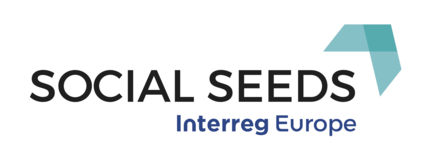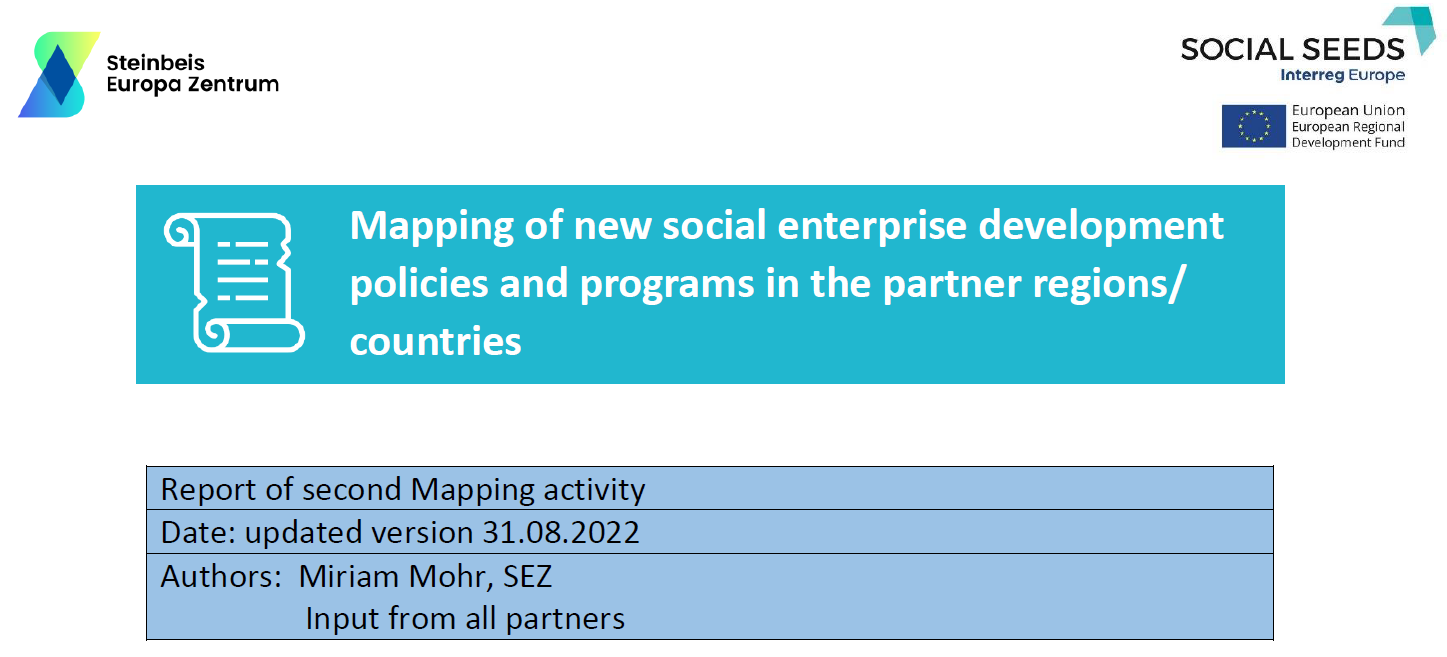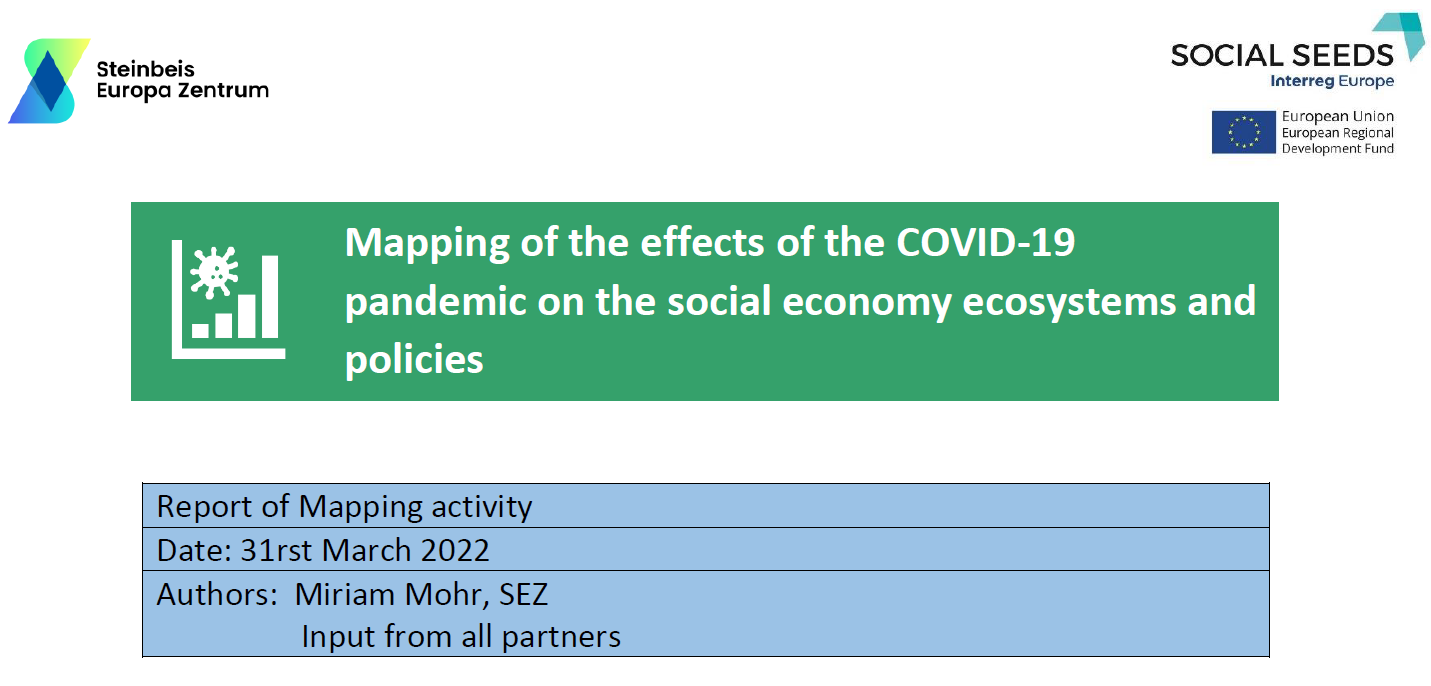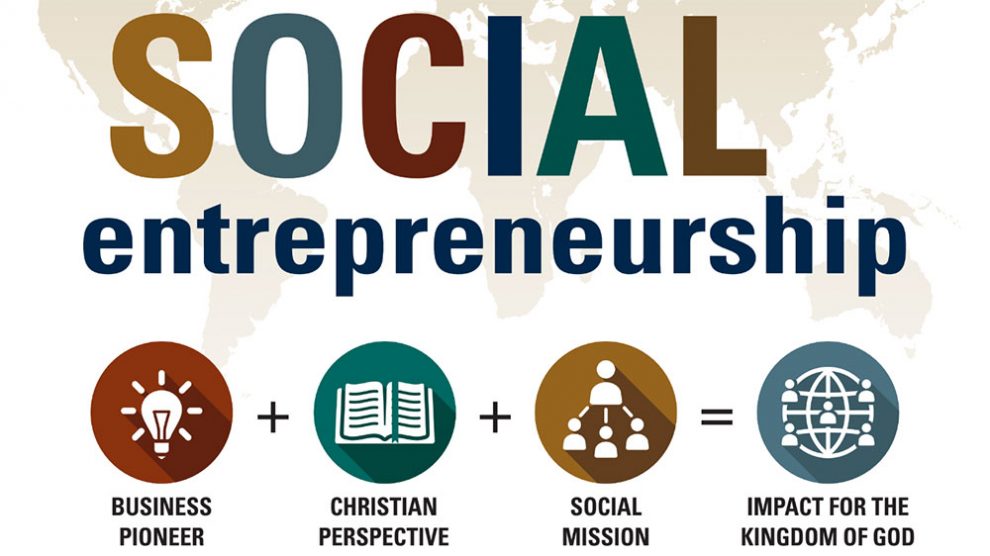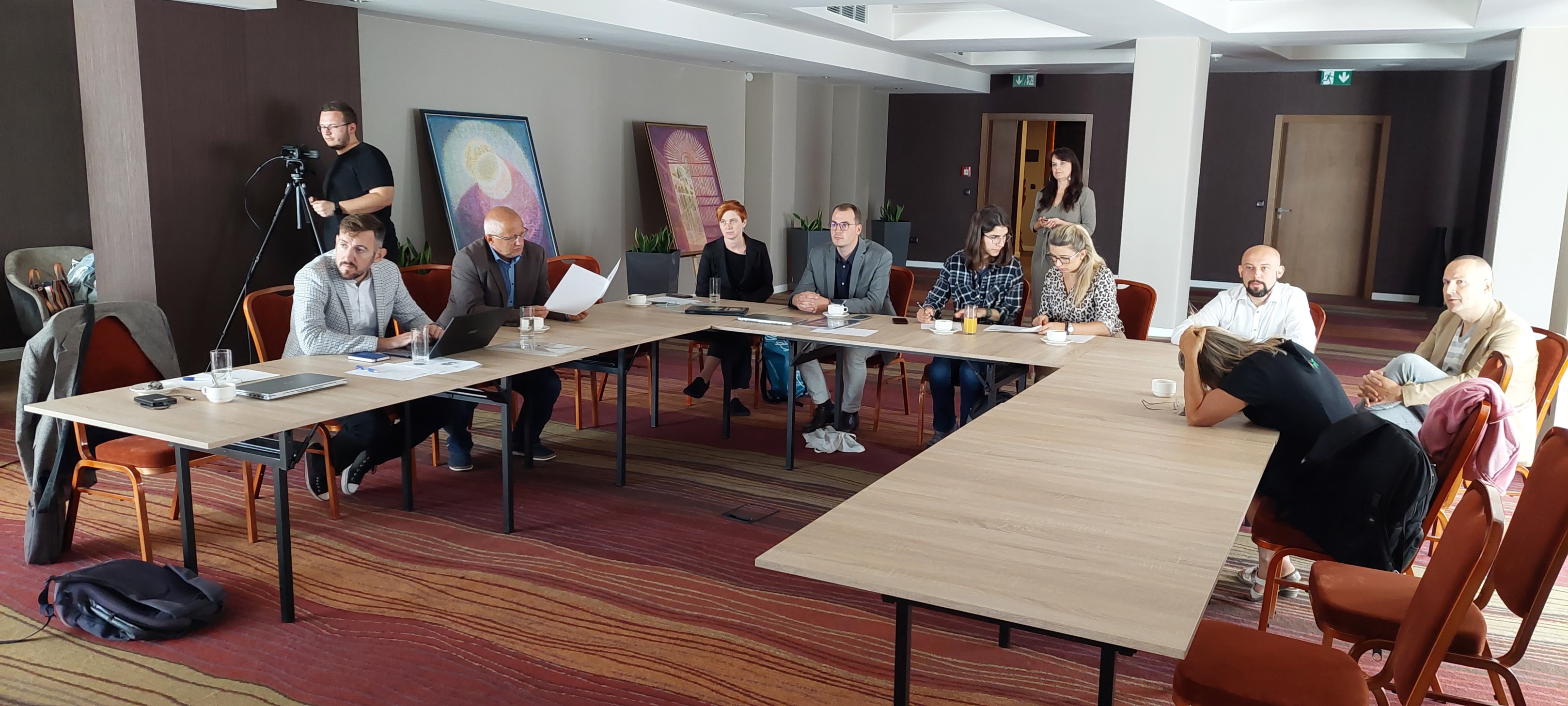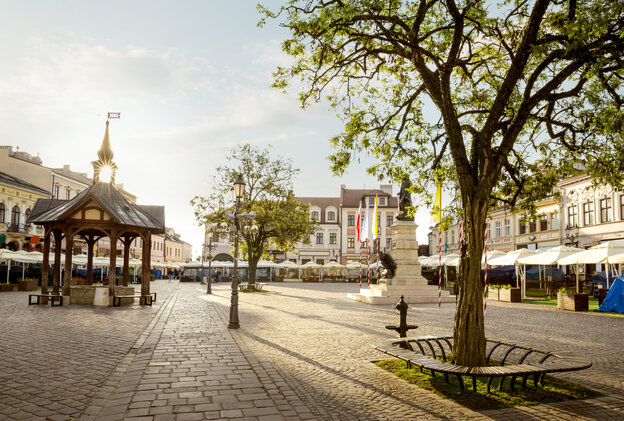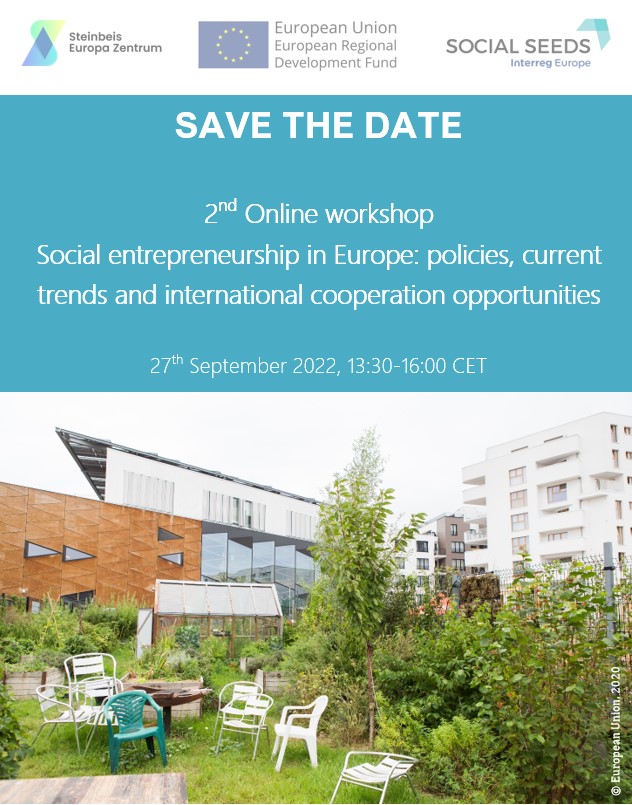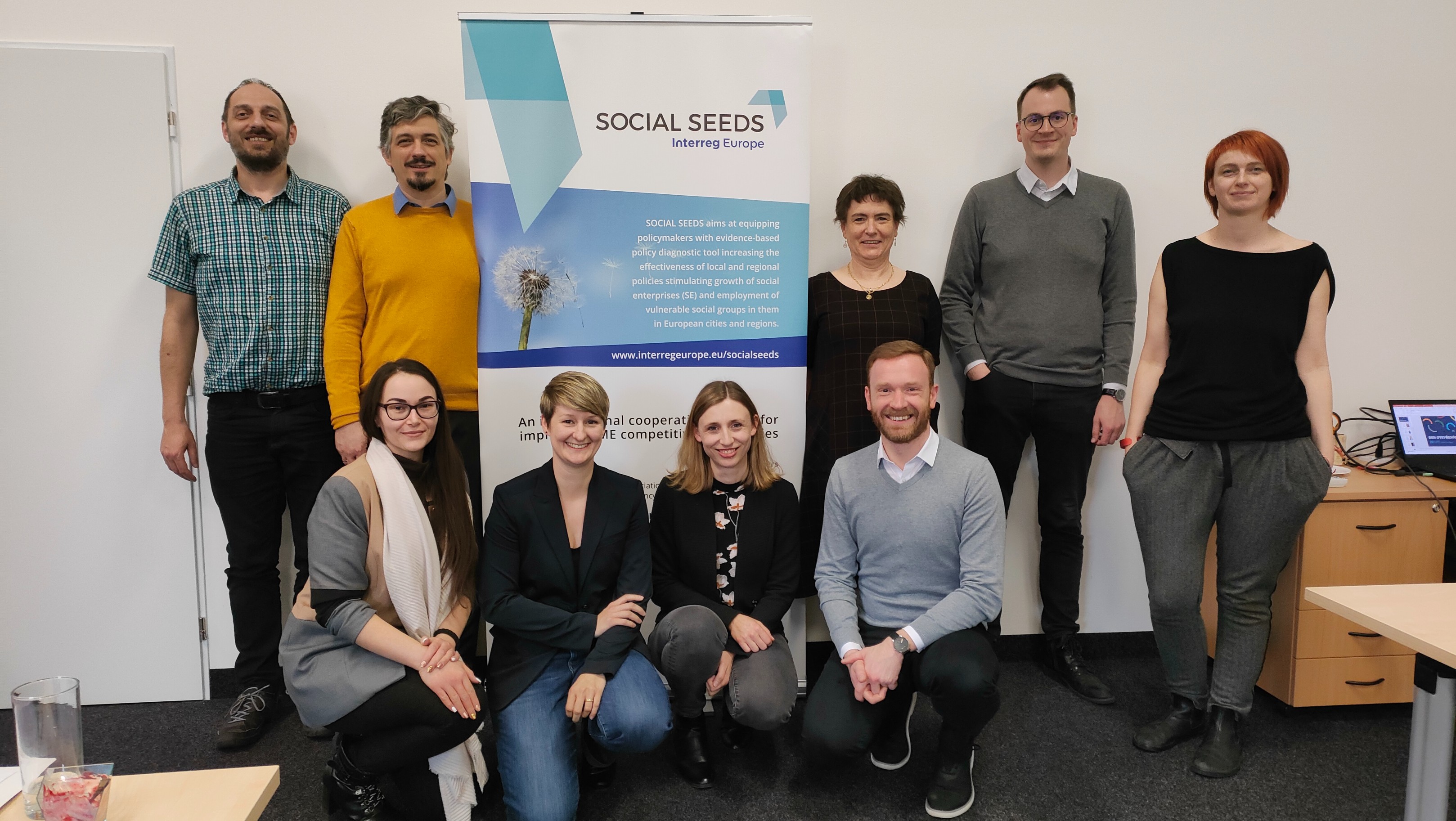Policy makers, European and national and actors of the social economy gathered on the 4th of June at The European Economic and Social Committee for the third edition of the European Day of Social Economy.
The discussion this year was focused on scaling up. Ariane Rodert, member of the EESC opened up the day with Nicolas Schmidt Minister of Labour, Employment and Social and Solidarity Economy of Luxembourg, Christophe Ithier, High Commissioner for Social Solidarity and Social Innovation of France and Ann Branch, acting director of DG Employment, Social Affairs and Inclusion. They all highlighted the growing importance of social innovation at a national and European level. Thus, Social Economy represents 2,5 million jobs and 10% of European Union’s GDP. This is the reason why we need to scale up social economy especially in terms of visibility according to High Commissioner Ithier but also by easing finance and help entrepreneurs with training. Ann Branch emphasized on the European agenda concerning social innovation and cohesion policy and mentioned as the key difference between conventional and social enterprises in the field of scaling up: the key objective is not scale up the business for social enterprises but to scale up the impact.
Social entrepreneurs from different State Members spoke about their local activities and how they managed or planned to scale them up, either by expanding or replicating their business model, taking into account cultural differences and local circumstances.
The morning ended with workshops concerning scaling up the impact of social economy, the gender equality in social economy enterprises and the role of clusters and regions in the scaling up. We concluded saying scaling up was not optional for social economy to keep competitiveness and a position in the market. In order to do so, finance should gain more flexibility to support social entrepreneurship and social economy and Victor Meseguer, director of Social Economy Europe highlighted the importance of innovation and investment. Concerning gender equality, alternative ways of management need to be found to allow a better-balanced life for CEO whatever their gender and a greater female recognition. Ulla Engelmann, Head of Unit for Clusters at DG Grow, led the third workshop concluded on the importance of clusters and regions to sustain territorial development and social innovation and the need of regional cooperation.
The last panel concerned institutional response to social innovation in presence of Alain Coheur, President of the permanent study group on Social Economy Enterprises at the EESC, Tadej Splanik, the State Secretary in the office of Prime Minister of Slovenia, Slawomir Tokarski a member of the DG Grow, Marie-Christine Vergiat, a European Parliament Member from the social Economy Intergroup and Juan Antonio Pedreño the President of Social Economy Europe. They called attention on the growing demand of different business models form the public opinion and the importance of social economy in promoting democracy and sustainable values. They also highlighted the social economy resilience against crisis, the main reason why Social Economy and Entrepreneurship should enjoy a greater budget on national and European level. This particular demand is not innocent as the budget post 2020 is being decided right now during the Multiannual Financial Framework for the 2021-2027 period.
This day, organised by the EESC is a great annual opportunity to meet with multiple actors of the social innovation and economy and shape together “socially friendly” economic ecosystems.
